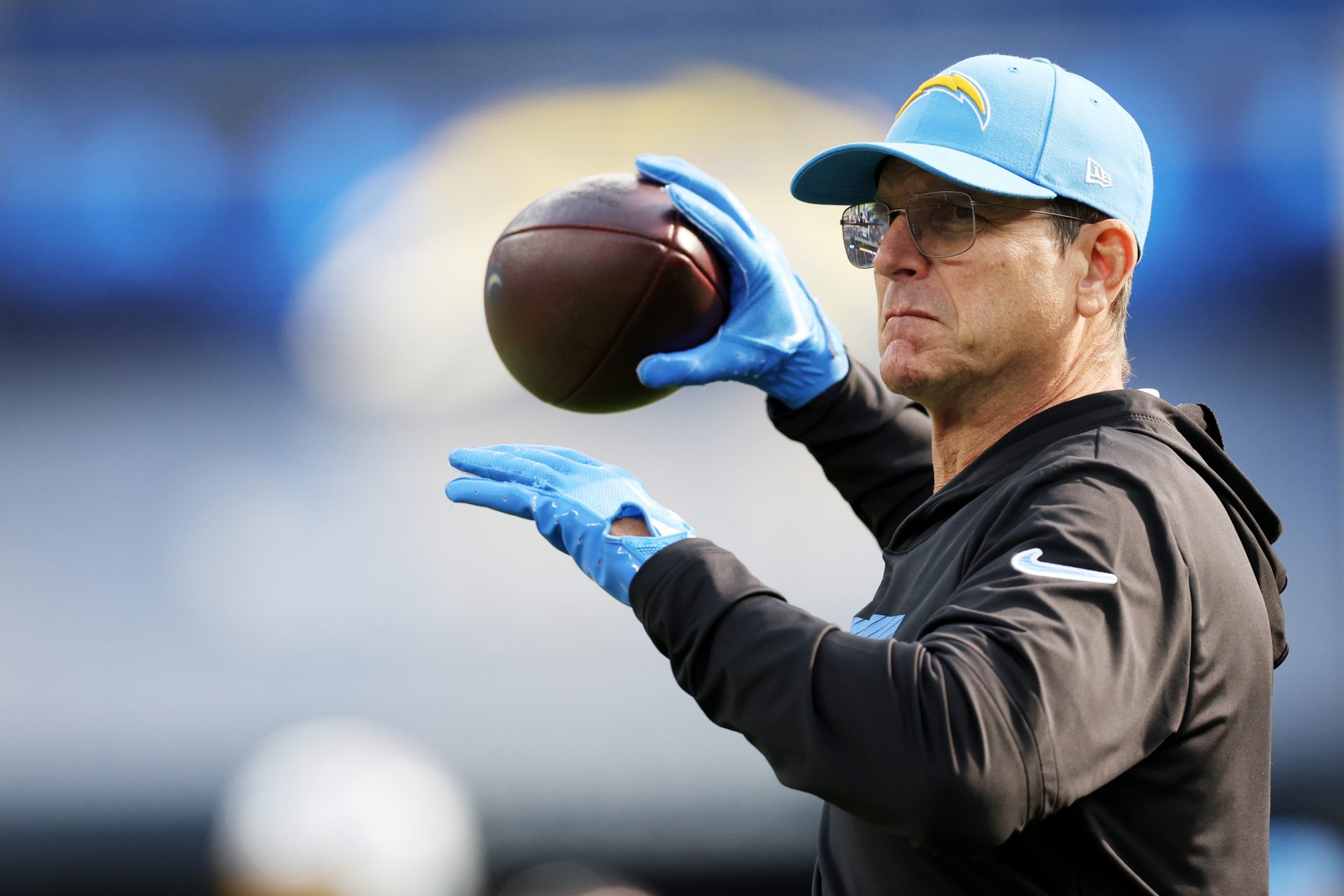A gentleman's game? Not for these bad boys of cricket
Cricket has always been regarded as a gentlemen’s sport. In fact, when it gained popularity among English aristocrats in the 17th Century, they decreed that the game would always be played in a ‘gentlemanly manner’.
This meant no sledging, cheating, bodyline bowling, temper tantrums or excessive appealing. If the batsman knew he was out, he should 'walk' even if the umpire decided otherwise.
This extended outside the rules of cricket too. As it was a gentlemen’s game, played by men who considered themselves gentlemen of the highest standard, so too off-field shenanigans would be very much against the spirit of cricket.
Well, cricket has come a long way since the late 1600s, and cricketers haven’t always behaved in the most gentlemanly of fashions. Let’s look at some of the cricketers that gave the sport a bad name over the years
An icon of Aussie cricket in the 80s, David Boon was just as well known for his huge run tallies as he was for his over-the-top handlebar moustache.
But it’s one off-field performance that has seen the batsman go down in folklore. Boon sank 52 cans of beer on a long-haul flight to the UK for the 1989 Ashes tour. Not quite Wade Boggs's 107 beers, but still an incredible – and unhealthy – achievement.
The Pakistan captain was one of his side's most reliable and level-headed players during his tenure in the 90s, but that all changed one day during an ODI against arch-rivals India in Toronto in 1997.
Pakistan and India’s face-offs are tense affairs and this game offered plenty of drama. Having listened to an Indian supporter shouting abuse at him for most of the day, ‘Inzy’ took matters into his own hands and stormed the crowd to fight the Indian supporter. It caused a major disruption to the game’s play.
Steve Smith is one of the world’s top batsmen and was beloved by his home country, that was until 2018 when he was part of a scandal that is still only spoken about in hushed tones by the Aussies.
The skipper, alongside co-captain David Warner and youngster Cameron Bancroft, were all involved in a ball-tampering scandal, where the surface of the ball was roughed up with sandpaper to help change its swing patterns.
Sandpapergate, as it’s known, was executed by Bancroft but captured on live TV. Smith admitted his role in the ploy and lost his captaincy and was banned from the sport for 12 months.
Often touted as one of the greatest all-rounders the game has ever seen, Sir Ian Botham’s career wasn’t without its blemishes.
In fact, he actually copped a two-month ban in 1986 for ‘bringing the game into disrepute’. The charge in question – smoking cannabis! He marked his return to the England team by taking a wicket with the very first ball of his comeback against New Zealand at the Oval.
Without a doubt the greatest spinner the game has ever seen, unfortunately, Shane Warne’s career was not without controversies.
In 1998 the Australian Cricket Board revealed that it had fined the leg spinner and batsman Mark Waugh three years earlier for accepting money from an Indian bookmaker for giving information on pitch and weather conditions, as well as news about team line-ups, while on a tour of Sri Lanka.
Then shortly after arriving for the 2003 ICC World Cup in South Africa, Warne was sent back home in sensational fashion. He had tested out positive for a banned substance – a diuretic medication that his mum had given him.
Mohammad Asif had several brushes with what could be ungentlemanly conduct throughout his career in the 2000s. While the spin-bowler was arrested at Dubai airport for possession of a small amount of opium, according to The Times of India, it was an on-field violation that ended his career.
In 2010, he was found guilty of match-fixing after purposeful delivering no-balls during the fourth Test against England at Lord’s that summer. He was banned for seven years, ultimately destroying his playing career. Let it herby be known that few things go against the spirit of cricket more than match-fixing.
Big hitter Herschelle Gibbs was a massive name in South African cricket during the late 90s, but his reputation outside the game lives on too.
Gibbs racked up a number of indiscretions during his career. He was banned for two Tests after calling a Pakistani crowd ‘a bunch of animals. He was fined for smoking cannabis in the West Indies. And worst of all: match-fixing. Well, sort of...
In 2000, Gibbs accepted $15,000 from captain Hansie Cronje in return for scoring 20 runs or less in a One-day International (ODI) in India. Though the right-handed batsman went against the plan by making 74, he copped a six-month ban for conspiring.
One of Pakistan’s most highly regarded players and former captain, Salman Butt’s career should have been a lot more decorated than it was in the end. In the summer of 2010, Butt was at the centre of a match-fixing scandal involving his two main fast bowlers, Mohammad Asif and Mohammad Aamer.
Butt was paid off by bookmakers in return for forcing his pace man to bowl no-balls at specific times of a Test match, while he himself had also agreed to score a certain amount of runs in an inning. He was hit with a 30-month jail term and a 10-year ban from the sport.
When it comes to cricketing bad boys, few can compete with Andrew Symonds. While he was a handy all-rounder and a fan-favourite, his off-field indiscretions overshadowed his playing career.
Tarnished largely by alcohol-related incidents, his first major indiscretion was in 2005 when he showed up drunk for a ODI against Bangladesh. He received a two-match ban.
His next came in 2008 when he just didn’t show up at all. Again, against Bangledesh, Symmonds opted to go fishing the morning of match up instead.
He was then sent home from a tour of England in 2009 when he started drinking again despite being cautioned. It was the straw that broke the camel's back as his teammates, and in particular skipper Ricky Ponting, had enough of Symonds's antics. He was banned and it put a full stop on his playing career.
More for you
Top Stories








































